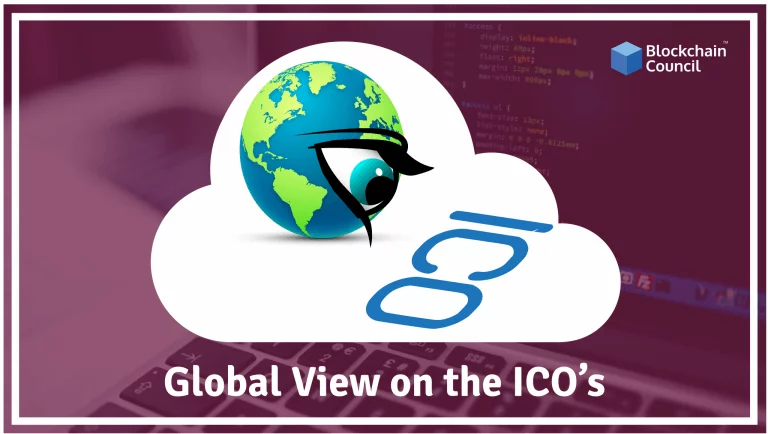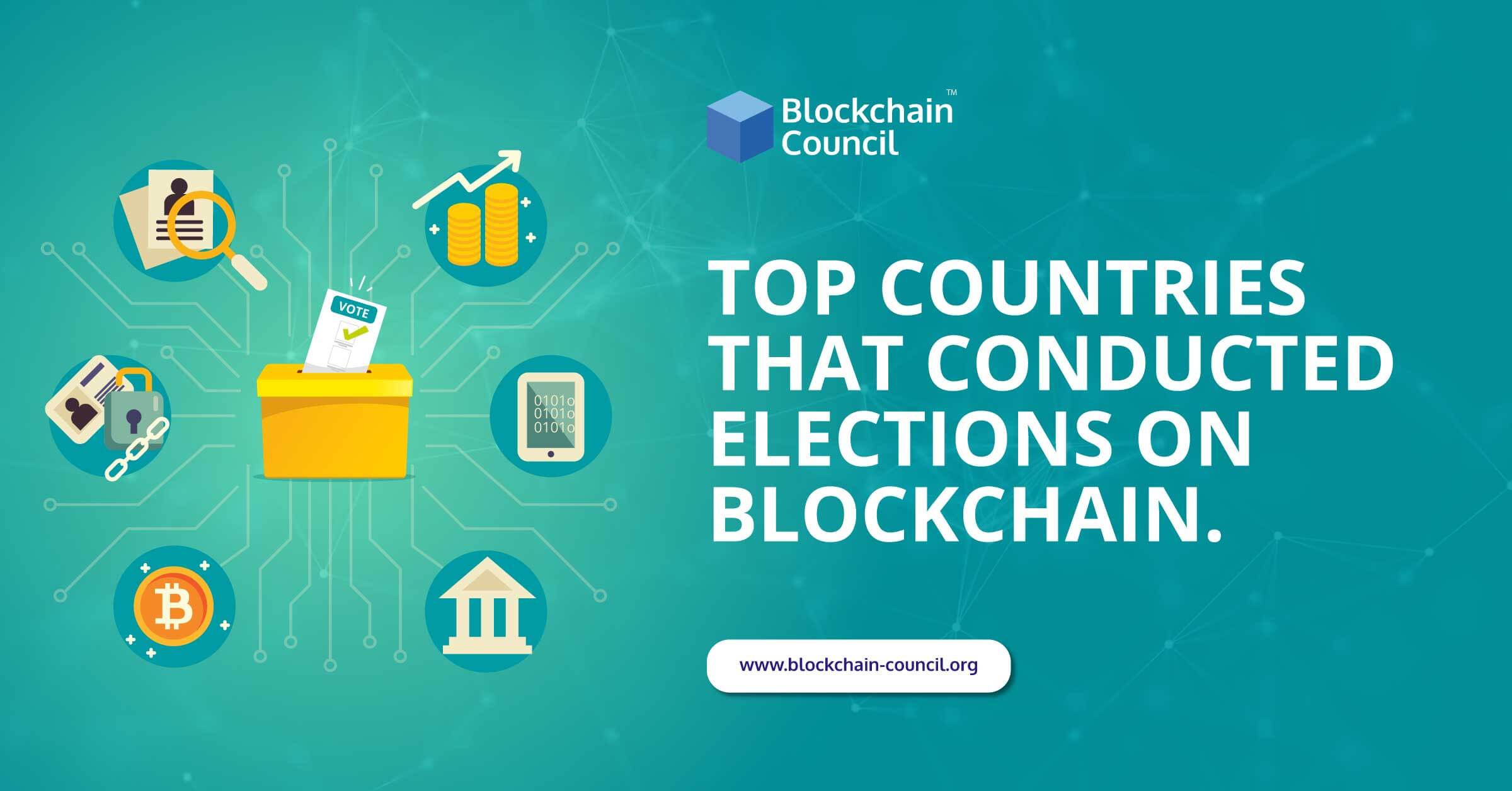
- Toshendra Kumar Sharma
- February 28, 2018
Blockchains have enamored new, tech-savvy investors from across the world in the past one year because of the astronomical gains that these investors have seen. This is quite typical of disruptive technology like the internet in the mid-1990’s and smartphones in the mid 2000’s. All of these technologies are similar in that they provide improvements to nearly all sectors of human industry. Blockchains technology also has a wide variety of applications that go far beyond just the financial sector, like the housing industry, supply chain management industry, and even the food industry. Here’s a look at how the education sector can benefit from blockchain technology.
What Makes Blockchains Useful?
Bitcoin, the longest-running public blockchain in the world, is at its core simply a distributed database. By making the ledger decentralized, we get a lot of advantages over the traditional centralized systems. For example, we do not have to rely on central content providers to provide the hosting services for us. Blockchains use various consensus mechanisms to make sure that the ledger is synchronized across all devices in real time. For example, Bitcoin uses a consensus mechanism called Proof of Work which uses computing resources of millions of devices from across the world to keep the ledger safe. Proof of Work makes it virtually impossible to alter records on the Bitcoin blockchain. This makes the blockchain a very good candidate for storing sensitive information like land title deeds and academic degrees among other things.
Problems Faced by The Education Sector
Nearly all students who have had to deal with standardized college examinations like the SAT and the ACT are familiar with how slow and inefficient the process of sharing exam scores with colleges is. The ETS, which administers the SAT charges extremely high fees for sending the exam scores to colleges. Even then, physically sending takes very long, causing some students to miss their college deadlines through no fault of their own. Sometimes the postal service could lose the package altogether, causing a major amount of inconvenience for students. Even after graduating, students face similar problems when they have to share their transcripts with Graduate Schools or prospective employers. Not only do they have to spend over $15 in fees to send transcripts once, but they also have to wait several weeks for their transcripts to arrive. Blockchains can help us maintain the authenticity of the documents while significantly bringing down fees and time.
How Can Blockchains Help?
The Joint Research Centre (JRC), the European Commission’s science and knowledge service has brought out a report saying that blockchains will help end paper-based academic certificates. This will enable the automation of the awarding, recognition and transfer of credits. Storing academic credentials on the blockchains also gives people more sovereignty over their credentials. People would be able to share their credentials with institutions much faster and cheaper. Additionally, blockchains add their security features in this storage medium in the following ways:
Transparency – both the parties who are interested in viewing academic credentials can see it on the blockchain. This ensures that only people with ownership rights can make decisions about who has access this information.
Immutability – blockchains are the most secure store of information known to mankind right now. They do not have a single point of failure and rely on the integrity of the network to ensure the authenticity of the stored information. Data integrity services like Factom are already working on solutions to ensure that no information has been modified using the Bitcoin blockchain.
Disintermediation – using blockchains to store and share academic credentials helps us bypass the need for a central controlling authority that manages and keeps records. This makes the overall process of storing credentials more trustworthy as there are no middlemen involved.
Collaboration – once the information becomes available on the blockchain, it is much easier to ascribe ownership and therefore, safer to share the information without the fear of this information getting compromised.
Projects Underway
Since mid-2017, several large corporations have taken a keen interest in trying to develop open, blockchain based standards that will be the next generation of an academic credential store. For example, Sony/IBM, SAP/TrueRec, and Salesforce have all announced proprietary systems that use a blockchain to create verifiable records. The next major improvement in this space comes when these companies come together to establish open standards for the entire process.





































































 Guides
Guides News
News Blockchain
Blockchain Cryptocurrency
& Digital Assets
Cryptocurrency
& Digital Assets Web3
Web3 Metaverse & NFTs
Metaverse & NFTs
